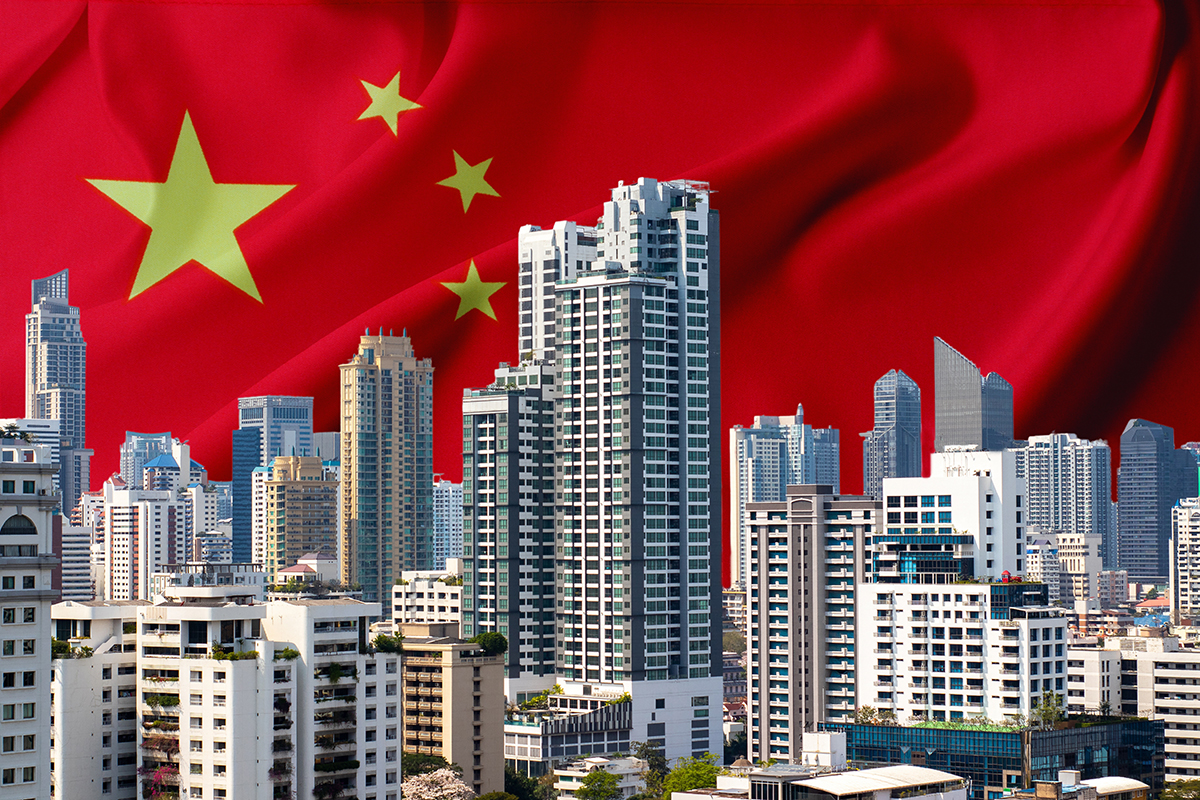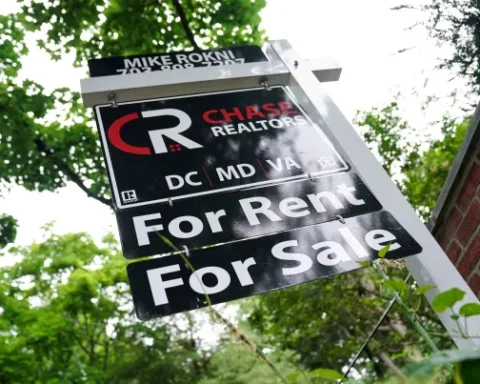Two leading property developers in China are encountering grave financial challenges, raising concerns over potential ripple effects on the broader Chinese economy.
Evergrande, a notable representative of China’s real estate struggles, recently sought Chapter 15 bankruptcy protection in New York. This move is meant to shield its U.S. assets while facilitating international bankruptcy negotiations during its restructuring phase. This move comes after Evergrande’s default in 2021, following a liquidity shortfall, and the recent probe into its Chinese branch for potential disclosure violations. Holding the title of the globe’s most debt-laden property developer, Evergrande’s liabilities surpass $300bn.
Meanwhile, Country Garden, previously China’s premier property developer by revenue, is also teetering on the brink of default. Despite managing to stave off default after the imposition of Beijing’s “three red lines” policy in 2020 — which was designed to control debt within the sector — the firm’s financial position seems precarious. These guidelines, which restrict liability-to-asset ratios and mandate companies to retain cash reserves equaling at least 100% of short-term liabilities, have seen roughly 40% of home sale companies defaulting since their introduction.
In light of these regulations, the real estate industry in China has grappled with mounting challenges. Home sales have dwindled, making it hard for developers to accumulate funds necessary for construction and interest payments. Specifically, new home sales from top developers plummeted 33% in July compared to the previous year, as per S&P Global Ratings. Country Garden reported a steeper 60% drop.
With liabilities amounting to approximately 1.4tn yuan, Country Garden’s debt is around 60% of Evergrande’s. However, Country Garden oversees nearly four times more housing projects across China, sparking anxiety over potential public dissent if construction ceases.
Amidst this backdrop, the broader Chinese property market, the world’s largest, is becoming a focal point of global concern. There are growing apprehensions that these challenges might spill over to other economic segments and even impact international bondholders. Notably, BlackRock had investments amounting to $351.9m in Country Garden’s dollar bonds as of mid-August, as cited by Bloomberg.
China’s economic rebound post-Covid appears to be stalling, marked by elevated youth unemployment and sluggish retail sales. Despite these issues, Beijing remains reticent about introducing substantial economic stimulus. Most analysts concur that mere adjustments to interest rates won’t sufficiently revitalize consumer demand and confidence.
As China’s central bank grapples with its declining currency value, state-run banks have reportedly intervened to stabilize the yuan’s decline. In a bid to rejuvenate the country’s stock markets, China’s securities regulator has proposed longer trading durations and reduced transaction charges. Despite these efforts, Chinese stocks remain in a downturn, with both the Shanghai and Shenzhen indexes witnessing drops, and Hong Kong stocks also plunging considerably since the beginning of the year.
The convulsions within China’s real estate sector offer a cautionary tale for global investors and policymakers. As the world watches the unfolding drama, the repercussions could extend beyond the immediate stakeholders, potentially reshaping the dynamics of global real estate and financial markets. Beijing’s forthcoming policy decisions will be critical not just for the future of China’s property market but also for global economic stability.







